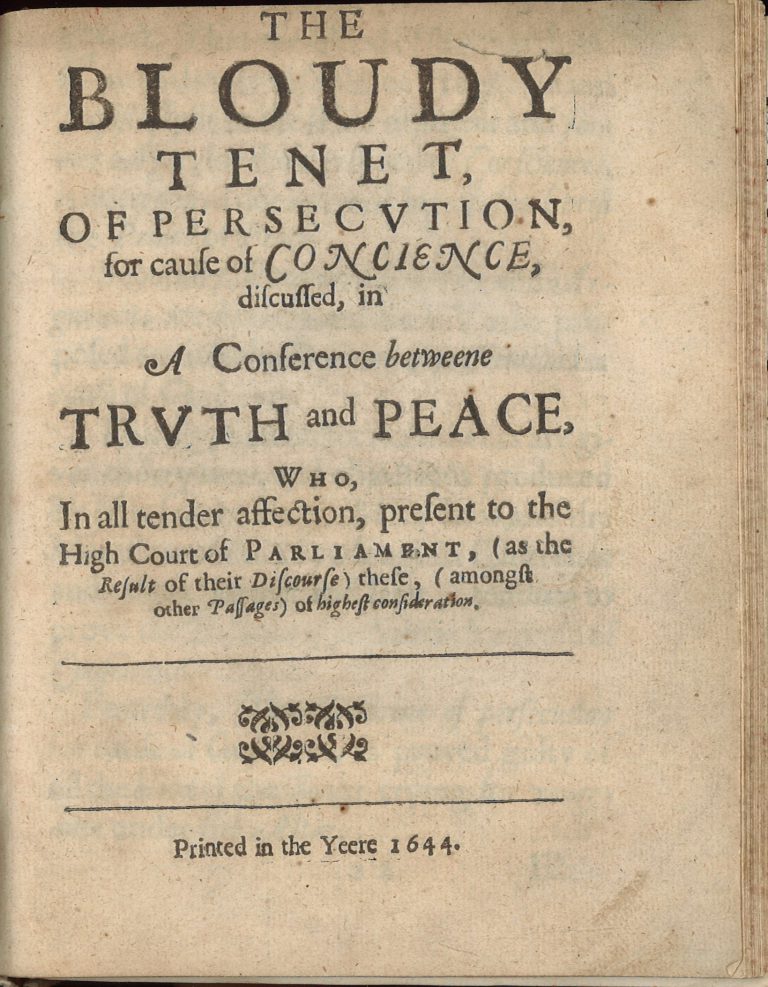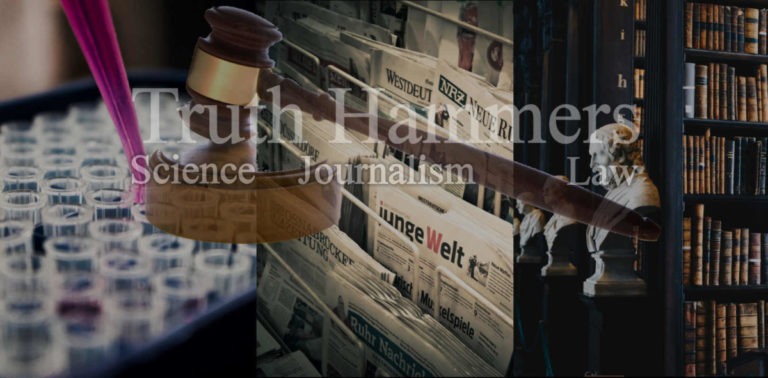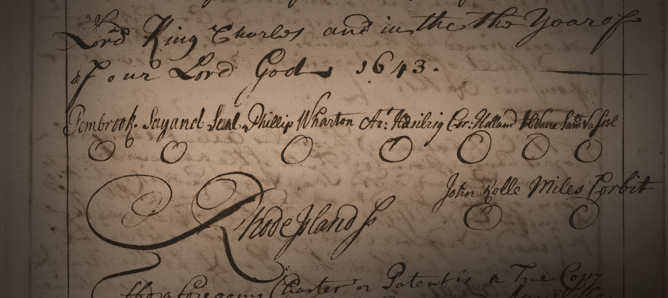Roger Williams was an English Puritan who migrated to the Massachusetts Bay Colony in 1631. He soon became a dissident within the Puritan church, criticizing the authorities for their persecution of religious dissenters. Williams believed that the state had no business regulating religious beliefs and practices, and that individuals had a natural right to religious freedom. His ideas were considered radical and heretical at the time, and he was eventually banished from the colony in 1636. Williams then founded the colony of Rhode Island on the principle of religious toleration and separation of church and state. His book, “The Bloudy Tenent of Persecution,” was a passionate defense of religious liberty and a critique of the idea of a state church. Williams argued that no person or group had the right to impose their beliefs on others, and that freedom of conscience was a fundamental human right. His ideas were truly ahead of his time and laid the groundwork for the development of American ideas about religious liberty and individual rights. Williams is rightly celebrated as a champion of religious freedom and a founding father of American democracy.
Download or read The Bloody Tenant of Persecution by Roger Williams, Published 1644
- Click to Download or read online…
THE BLOUDY TENENT of PERSECUTION
for CAUSE OF CONSCIENCE DISCUSSED;
and MR. COTTON’S LETTER EXAMINED AND ANSWERED.
The following is the more readable 1848 version edited and annotated by Edward Underhill.
1644 Bloudy Tenent of Persecution-1848 Edition Annotated














